They left their homes with little luggage, endured a long and excruciating train ride, often without water and food, to arrive in one of the worst camps in Southern France. There they were met by barbed wire, cold and draughty barracks, outdoor kitchens, dirty toilets and no real facilities to wash and clean themselves, muddy conditions and guards who treated them badly and without respect. 20 to 30 people per day died on average, because they didn’t have enough to eat.
(Yesim, Syrian refugee, from a personal conversation)
“I couldn’t bare the sight of drowned bodies on the shore anymore. That’s why I joined resqship, to make a difference. It is hard, though, having to decide who is allowed to come aboard – and who has to stay in sometimes completely unsuitable vessels. It breaks my heart – but we cannot rescue everyone.”
(Tania from resqship, from a personal conversation)
“Too many to deal with” – “we lack financial and other means to cater for refugees in an appropriate way” – “we can’t allow more people into the country, we are already struggling” – “we might be able to take another 153 unaccompanied children” - "politicians working towards a unified solution in the Mediterranean"
(political statements from newspapers – in no particular order)
“Everyone from the village stood around and watched while we were led to the trains. One woman, our neighbour, came up to my mum and hugged her. If every villager had done this, what followed wouldn’t have been possible. But only one in 3000 had the courage to cross the road and come to us.”
(Manfred Wildmann, survivor of the 6500 Jews, deported in 1940, from an interview in Menlo Park, California)
And they looked everywhere for a place where Maria could give birth to her child. But no one had space for them. Until they finally got offered a place in a stable where ox and donkey warmed the space with their breath…
(rephrased excerpt from a famous story, said to have happened over 2000 years ago)
Different scenarios, different situations – and yet, so many similarities...
What do we do, when fellow humans are in distress, in danger, in an emergency situation?
While we look the other way, discuss what "could be done" (rationalise), belittle or dismiss the issue to calm ourselves, wait/hope for others to act etc, people (and not only people, of course) suffer and/or die.
Many seem to be frozen in their own trauma, unable to take action, their response-ability (the ability to respond) is restricted or non-existent. It is time to address the collective traumatisation of wars and colonisation - NOW -, to integrate the atrocities of the past and to release and defrost the emotional and spiritual trauma that has been caused by those experiences, so that they are not repeated over and over again in various forms. To start this process NOW is essential to be able to respond and to act, instead of holding on to and repeating traumatised and traumatising reactions.
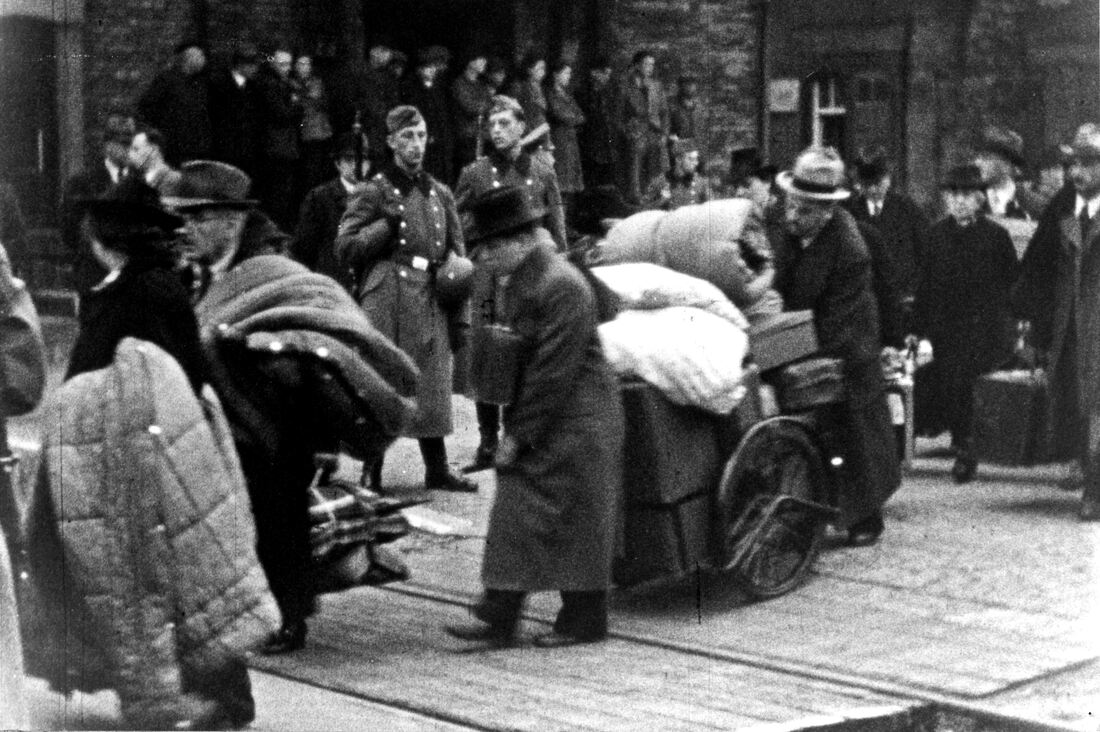
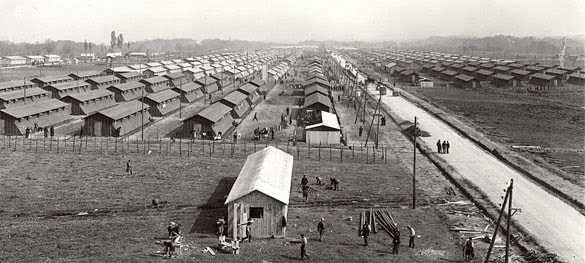
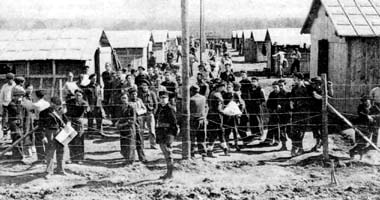
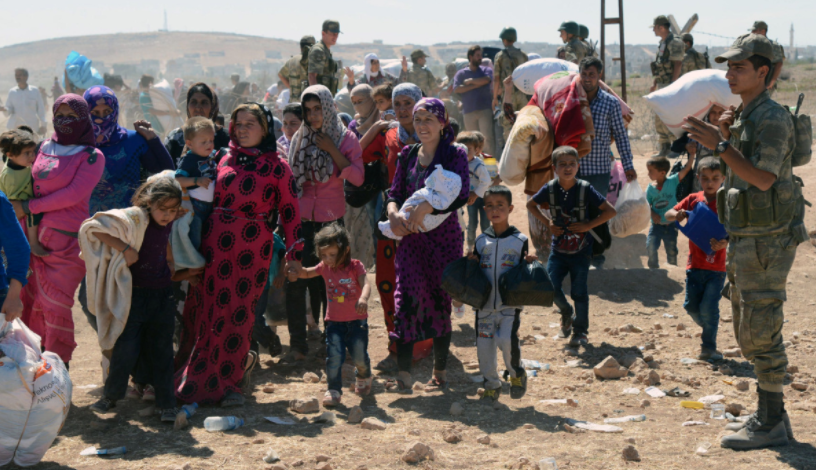
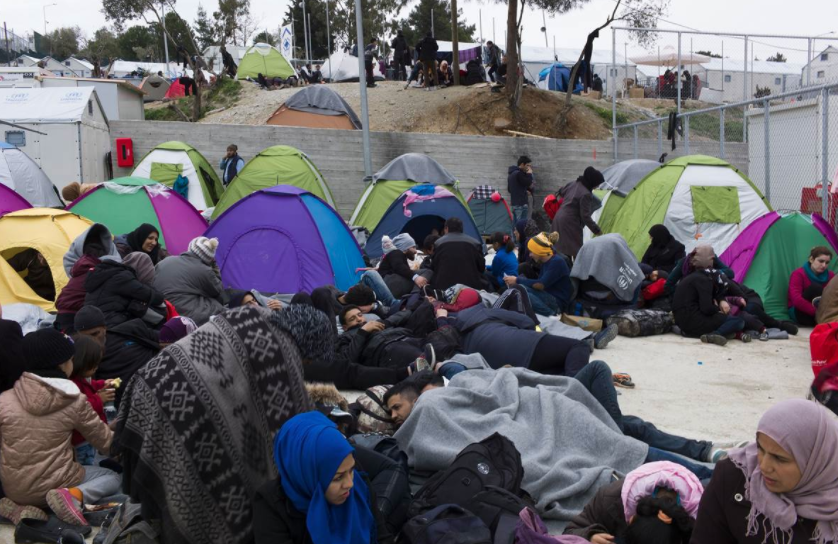
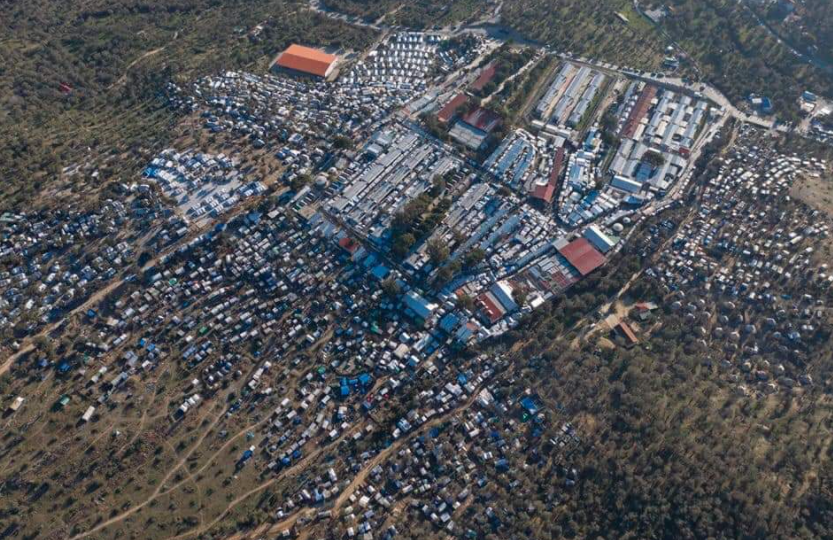
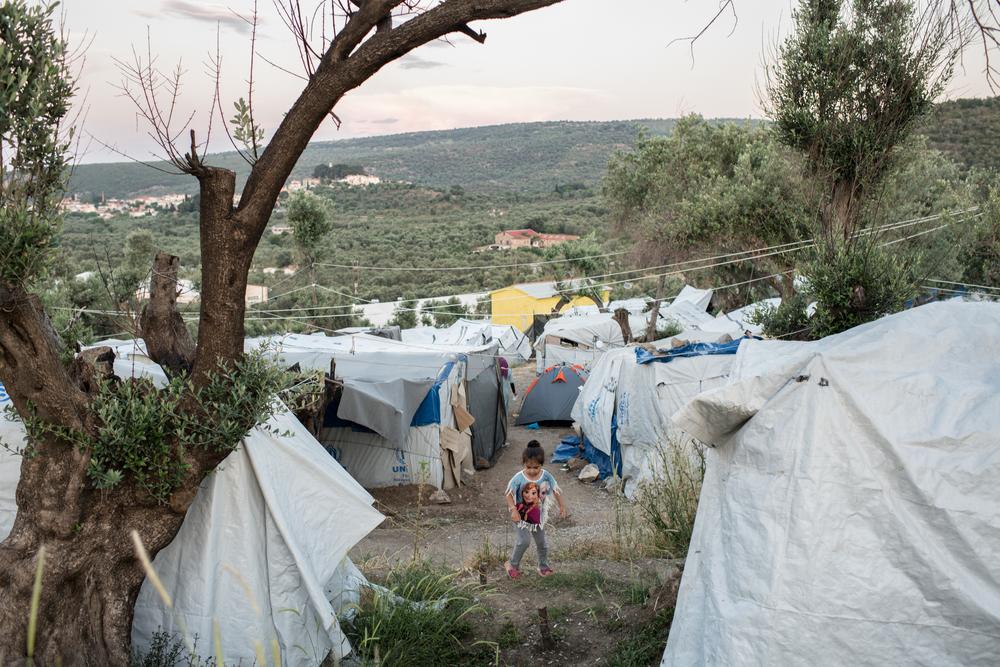
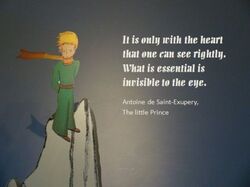

 RSS Feed
RSS Feed